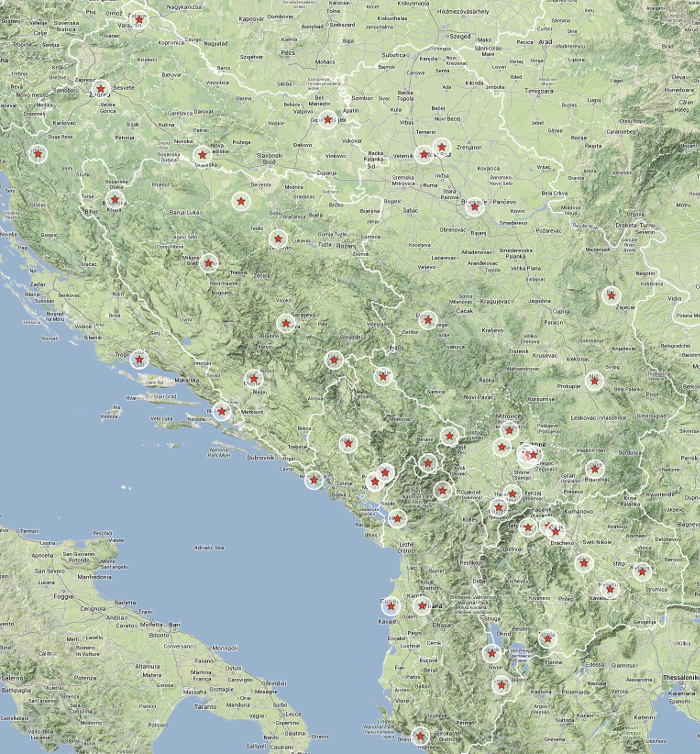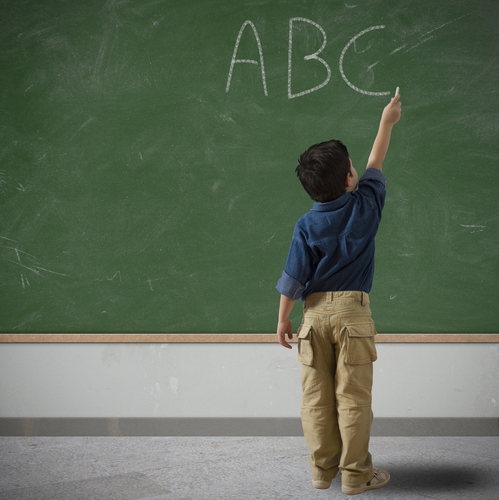 From raising awareness campaigns in Albania to the setting up a school radio station in Montenegro, and to the training of teachers on how to work with pupils coming from deprived environments in Serbia. Through projects like these, more than 10,000 pupils, teachers and parents in South Eastern Europe (SEE) will now have the chance to establish more inclusive school environments throughout the 2014/2015 school year.
From raising awareness campaigns in Albania to the setting up a school radio station in Montenegro, and to the training of teachers on how to work with pupils coming from deprived environments in Serbia. Through projects like these, more than 10,000 pupils, teachers and parents in South Eastern Europe (SEE) will now have the chance to establish more inclusive school environments throughout the 2014/2015 school year.
For this to be achieved, a total of 49 pilot schools from the SEE region will receive small grants of up to €9,500, starting from this October (2014), as a direct support from the Joint European Union (EU) and Council of Europe (CoE) Project “Regional Support for Inclusive Education” in South East Europe.
There are currently certain gaps in the understanding of inclusive practices and culture among parents, teachers, students and local community representatives and so the project proposals were prepared by specially formed school teams including teachers, parents, students and members of the local communities. These teams identified specific needs and priorities on how to achieve better educative inclusion, with the help of a total of 196 focus groups organized in the 49 pilot schools during the first half of 2014.
For many school teams, this was the first time they had ever worked on the development of a project proposal. By investing much time and energy, especially during the summer vacation, they succeeding in coming up with some quite remarkable project proposals, which will now be put into practice as a key step in the development and improvement of inclusive practices in the schools.
The projects supported by the small grants mostly include training and workshops for teachers, pupils and parents; campaigns for raising awareness about the values of inclusion; capacity building seminars and the purchase of equipment, all geared towards creating the school environments needed for greater inclusion of all children in the education process.
The results of the small grants projects will be systematically collected and shared with the rest of the participants, partners in the project and the public, as a resource for inspiring and supporting similar actions and initiatives in the future.










